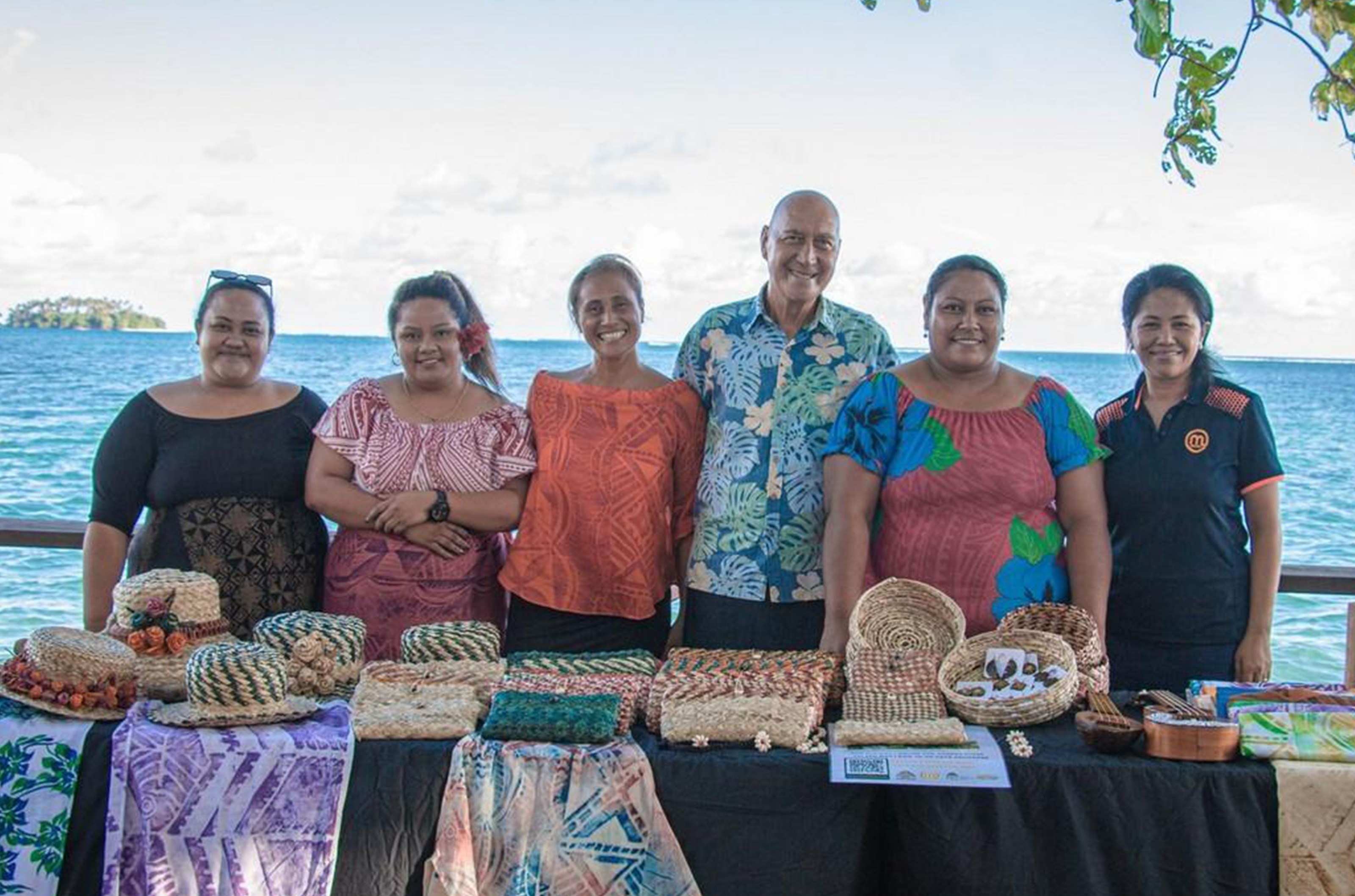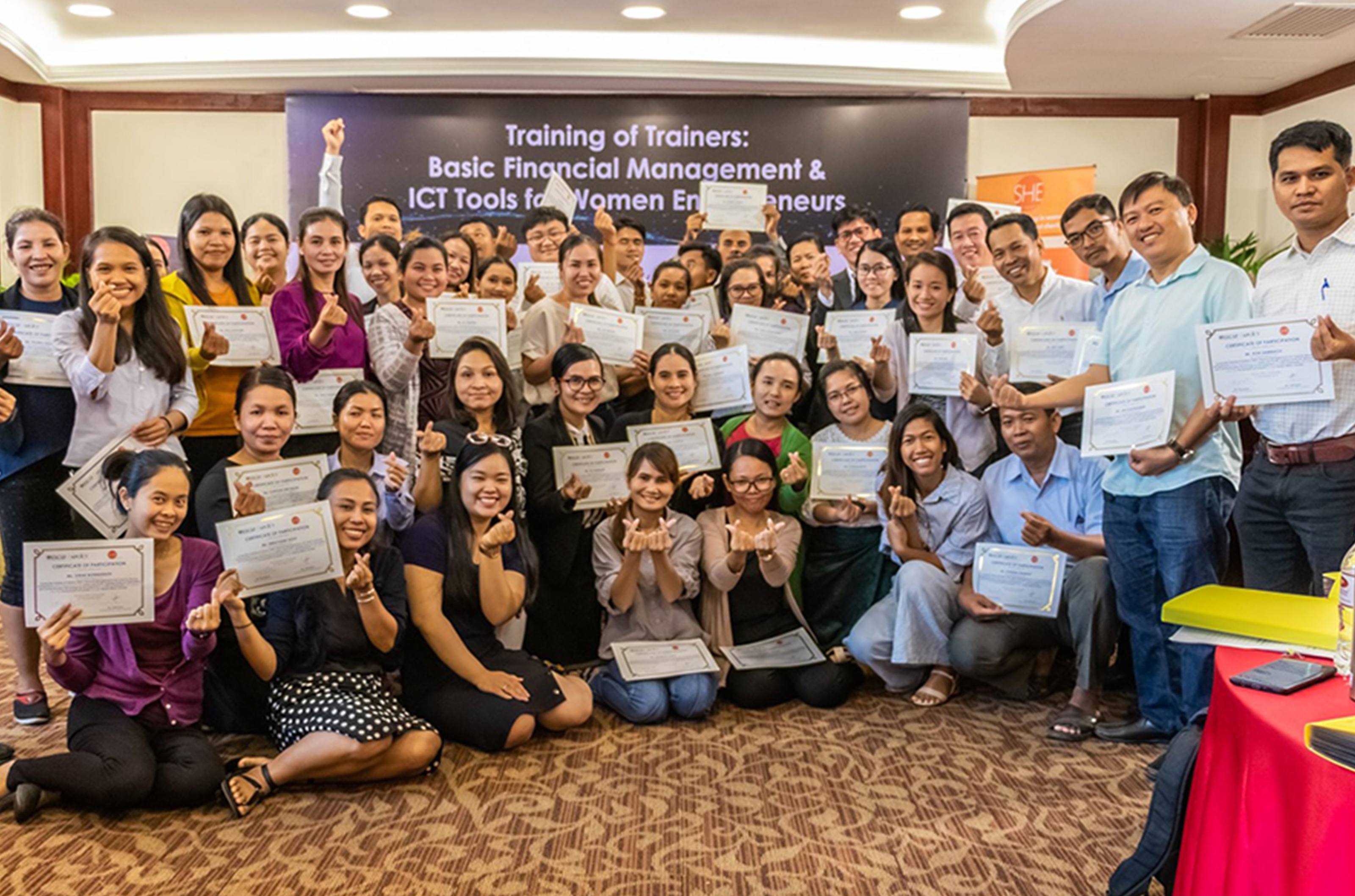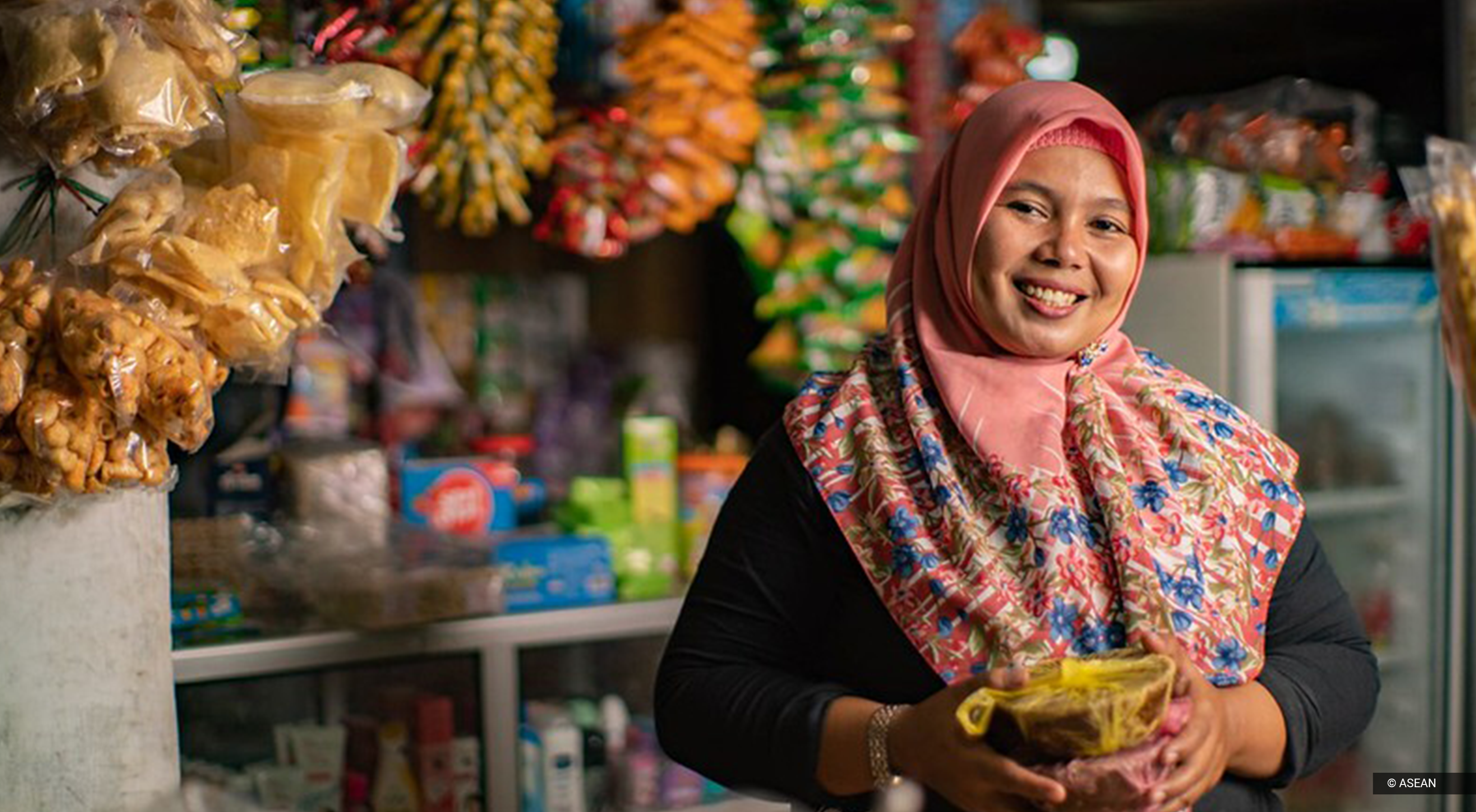
Enhancing Women’s Economic Empowerment in Asia-Pacific
Women’s economic empowerment is fundamental to realizing women’s rights and achieving gender equality. Despite women's rising levels of education and the priority given to women’s economic empowerment in development agendas, women’s labour force participation remains relatively low -with wide intra-regional differences- in Asia and the Pacific. Moreover, women continue to be significantly underrepresented in high-paid and high-level managerial positions in most sectors.
Gender-based inequalities in the labour market lead not only to lower productivity and income levels but also hinder economic development. Although the number of women entrepreneurs is increasing, they often face more challenges and barriers compared to their male counterparts. Improving the conditions for women’s entrepreneurship not only enables women to empower themselves but also contributes to inclusive and sustainable development through creating jobs, eradicating poverty and contributing to socio-economic growth.
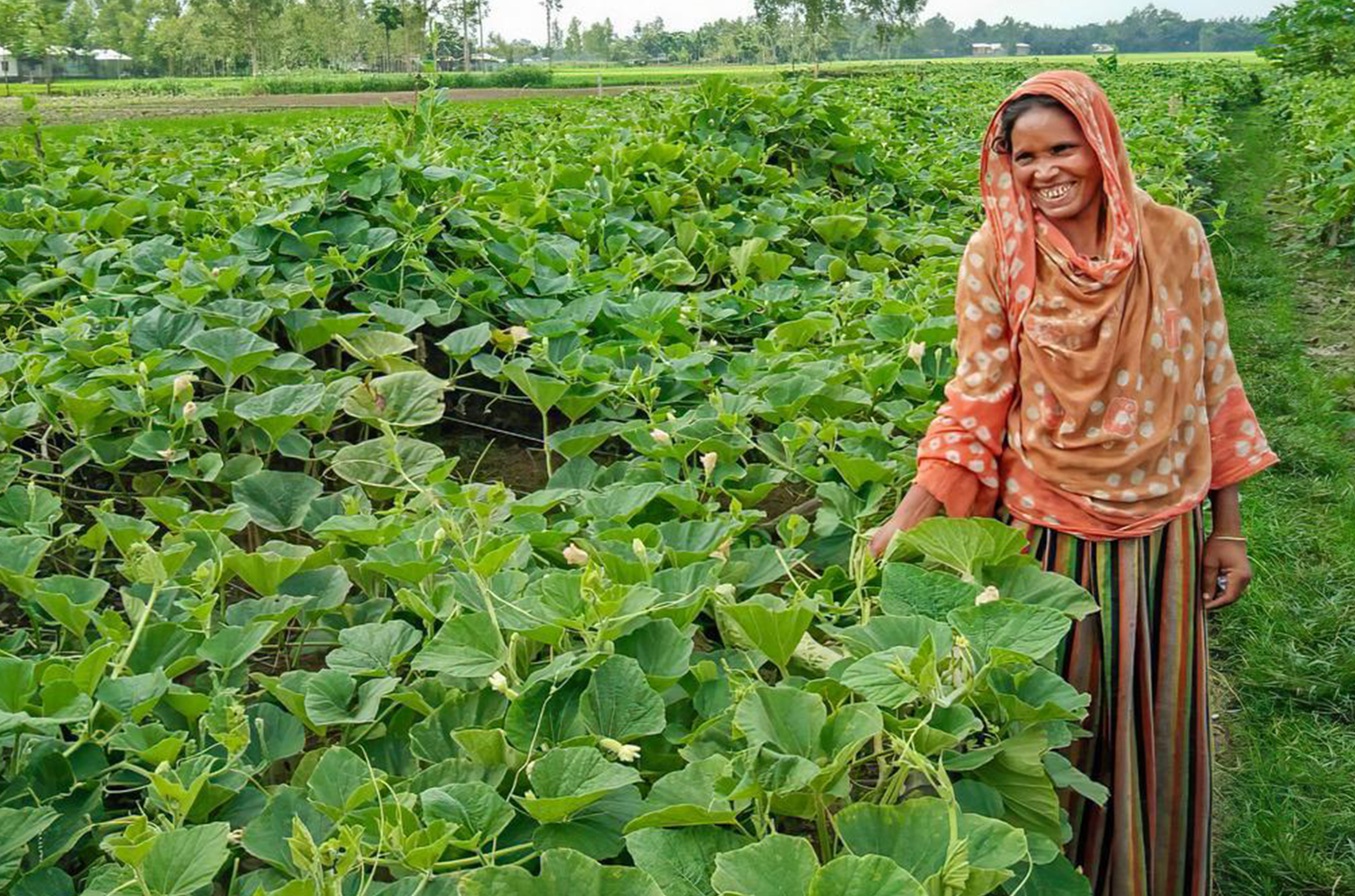
The Catalyzing Women’s Entrepreneurship Programme
The Catalyzing Women’s Entrepreneurship (CWE): Creating A Gender Responsive Entrepreneurial Ecosystem Programme, established in 2018 aimed to foster women’s economic empowerment, reduce poverty, and increase gender equality by supporting women’s entrepreneurship in selected countries of the Asia-Pacific region. Through the CWE Programme, ESCAP worked to enhance women’s entrepreneurship through three interconnected pillars that address the fundamental barriers, hindering the growth of women-led businesses:
1) Accessing capital through innovative financing mechanisms.
2) Supporting the development of gender-responsive policies and strengthening ecosystems that create and sustain an enabling environment.
3) Increasing women entrepreneurs’ use of information and communications technology (ICT) through relevant training and tools.
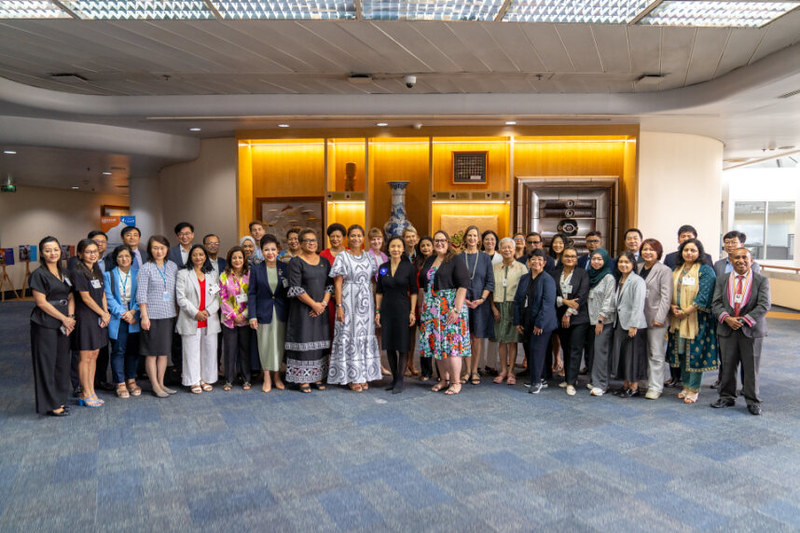
© Chomchanok Daengsakul
Regional forum on Women’s Entrepreneurship
Regional forum on Women’s Entrepreneurship was held on 9 May 2024. The Regional Forum on Women’s Entrepreneurship has been conceptualized, with the objective of disseminating and exchanging best practices, lessons learned, and taking stock of the current needs and recommendations visà-vis women entrepreneurship in the Asia and Pacific. The Regional Forum aims to bring together not only CWE partners, but also other stakeholders and relevant actors from across the ASEAN, South Asia, and Pacific region. The specific objectives of the forum are to:
1) Provide an overview of CWE, and share good practices and lessons learnt from on-the ground implementation.
2) Hold consultations around women entrepreneurship and the policy and governance environment, ICT and business skills development, and innovative financing.
3) Take stock of the existing needs and recommendations for the way forward to enhance women’s economic empowerment and entrepreneurship in the Asia-Pacific region.
All the policy work to develop and promote reforms for women’s entrepreneurship and innovative finance was made possible through extensive relationship and partnership building with 7 Government Ministries (5 SME Ministries and 2 Women’s Ministries), as well as several Central Banks. This was particularly important given the critical need for creating national ownership and buy-in for sustaining the work after the CWE Programme ends.
Latest events: Regional Forum on Women's Entrepreneurship | ESCAP (unescap.org)
Feminist Finance Forum: Driving action for a feminist entrepreneurial ecosystem in Asia and the Pacific
Financial Resilience, Inclusion, and Entrepreneurship: Is Asia and the Pacific Close to Gender Parity?

Latest News
Launch of the Toolkit on Strengthening Women’s Entrepreneurship in National Micro, Small and Medium Enterprises Policies and Action Plans
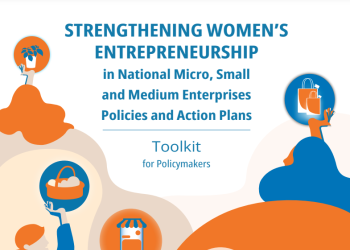
Latest Reports
Strengthening women's entrepreneurship in micro, small and medium enterprise policies and action plans: Toolkit for policymakers

Latest Events
Regional Dialogue on Enabling Women's Entrepreneurship through Smart Legislative and Policy Reforms


